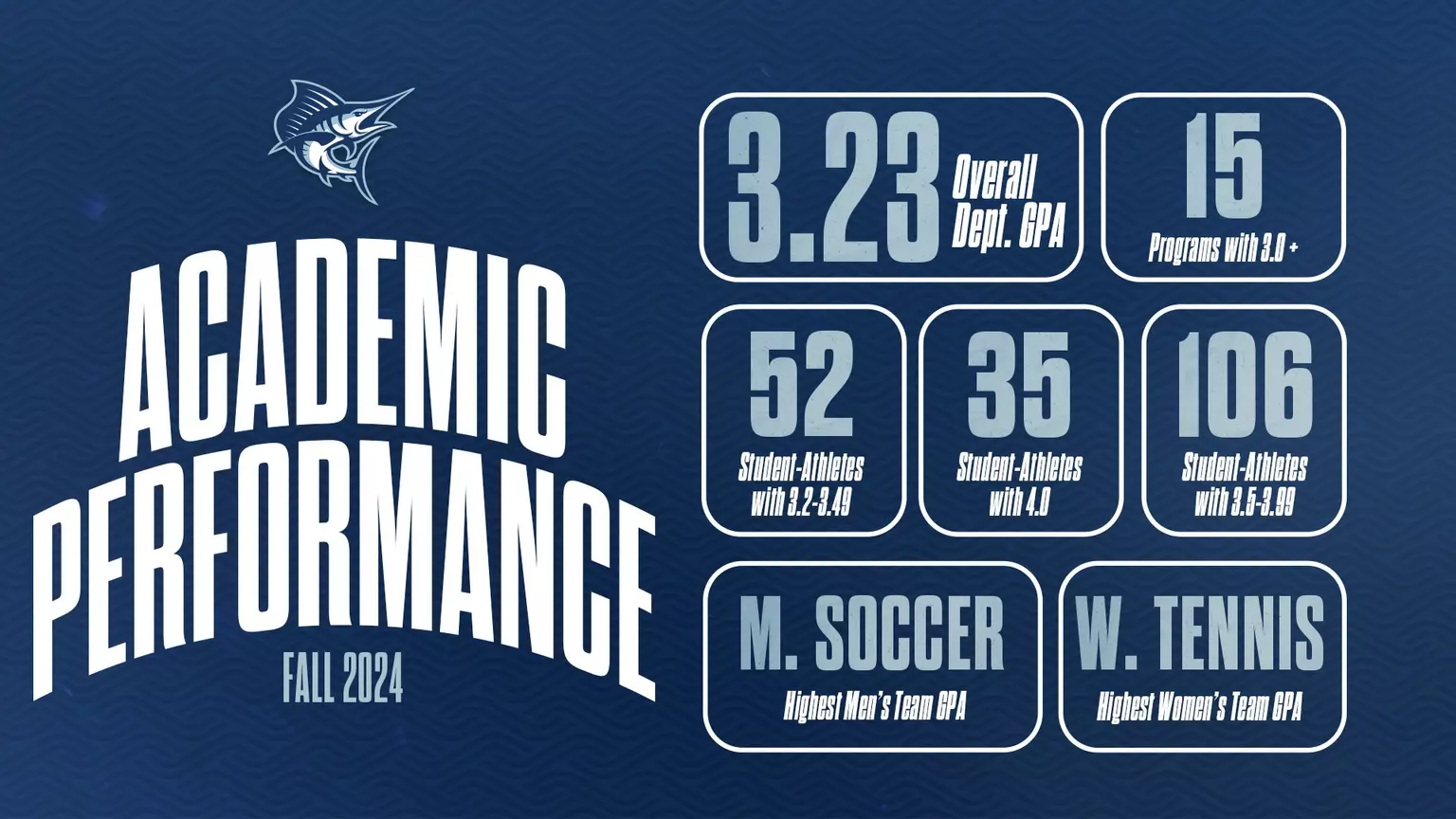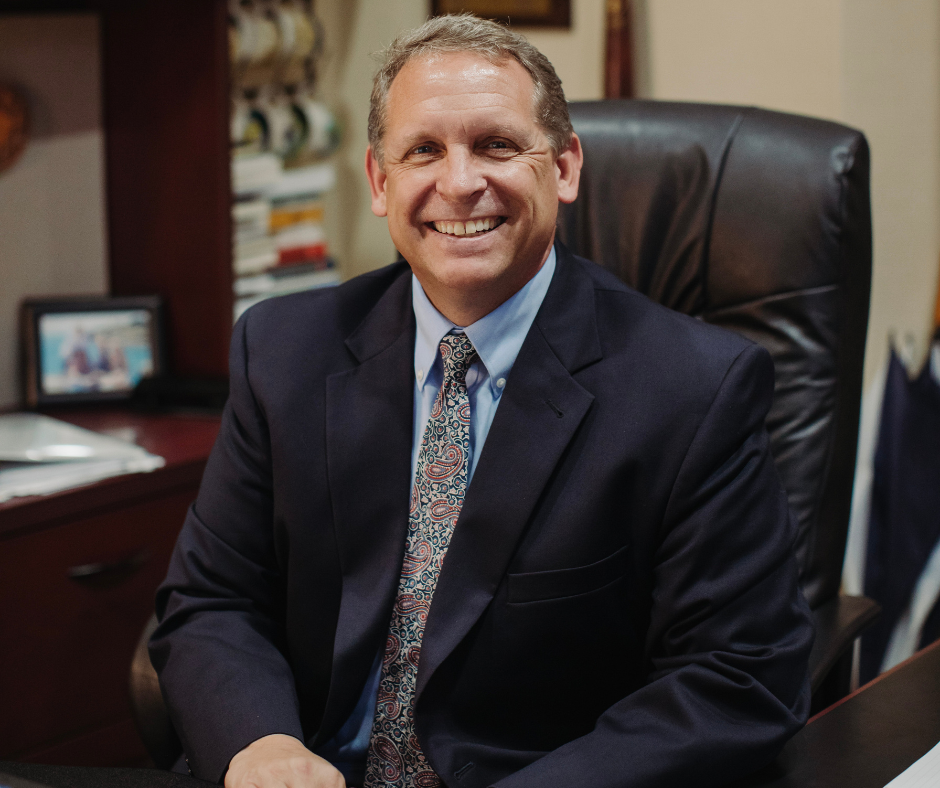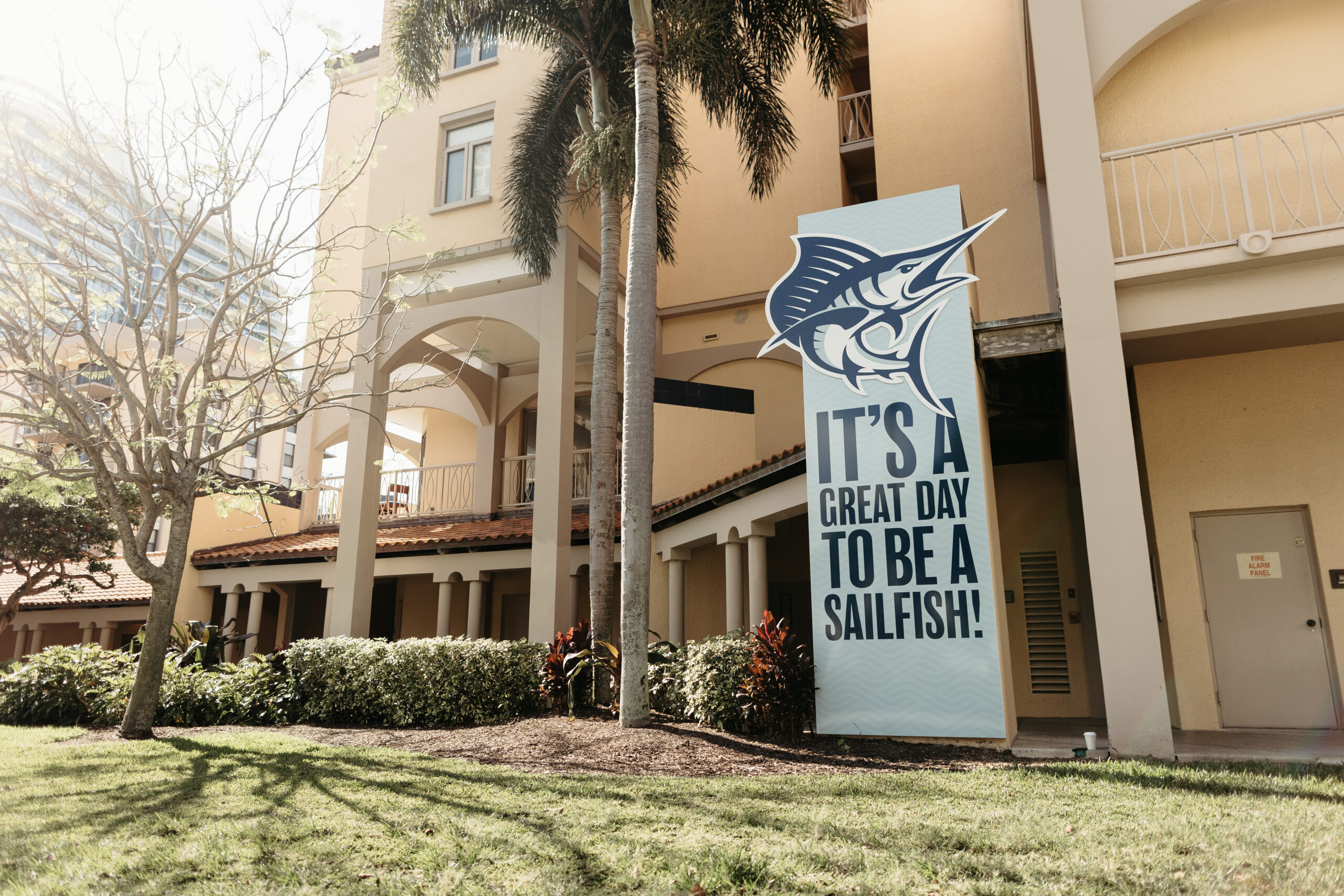Dr. Nancy Albertz-Schmidt, of Jupiter, Florida, knows all too well the value of organ donation.
All three of her brothers have received kidney transplants for a hereditary condition known as polycystic kidney disease, and her mother spent the last 10 years of her life on dialysis. Albertz-Schmidt, a 2005 alumna of the Lloyd L. Gregory School of Pharmacy, donated her left kidney to her brother Paul in September 2019.
The University’s Warren Library is illuminated in blue and green this week in honor of Donate Life Spirit Week and National Donate Life Month. Palm Beach Atlantic is participating in the organ donation awareness week for the first time at the request of the Life Alliance Organ Recovery Agency, a nonprofit that saves lives through organ donation and transplantation. More than 100,000 people are waiting for lifesaving organ transplants, and 7,000 people in the U.S. die every year because organs are not donated in time, according to Donate Life America.
Donating an organ requires about three days of testing to determine physical and mental health, Albertz-Schmidt said. The donor and recipient must have compatible blood types, and in the case of a kidney donation, the doctors check to ensure the donor’s healthy kidney function. About a year prior to the transplant surgery, Albertz-Schmidt underwent blood tests and answered questions about her lifestyle to see if she could be a match for Paul.
“They were very professional about it,” Albertz-Schmidt said. “They just don’t say ‘OK, we’re taking your kidney.”
The recovery was surprisingly quick, she said, noting that she walked to see her brother by the evening of the surgery. Her doctors removed the kidney from the front, rather than the back as they used to do, which reduces the recovery time.
Albertz-Schmidt and her brother, who lives near her on Florida’s East coast, had to stay within two hours of Tampa General Hospital for two weeks after the surgery. The family rented a house in the area and their two brothers and sisters-in-law came to visit. Family support is an integral part of organ donation, she said.
Albertz-Schmidt’s brother Phil received his kidney from his hairdresser, and her brother Matt received his kidney through a “swap.” A swap allows two transplant candidates to receive organs and two donors to give organs, even if the original donor and recipient were not a match (his wife donated a kidney to someone in another part of the country).
Albertz-Schmidt said she was surprised doctors accepted her kidney for donation because of her age. But she has always strived to live a healthy lifestyle by doing yoga, aerobics and stretching, she said. She works as a pharmacist at Tequesta Drugs, an independent pharmacy in northern Palm Beach County. She is a member of the University’s Alumni Board and the Gregory School of Pharmacy’s Alumni Council.
Instead of being on dialysis, her brother is able to live a normal life — fishing, golfing and spending time with his grandchildren, she said: “I feel like I gave life to my brother.”


